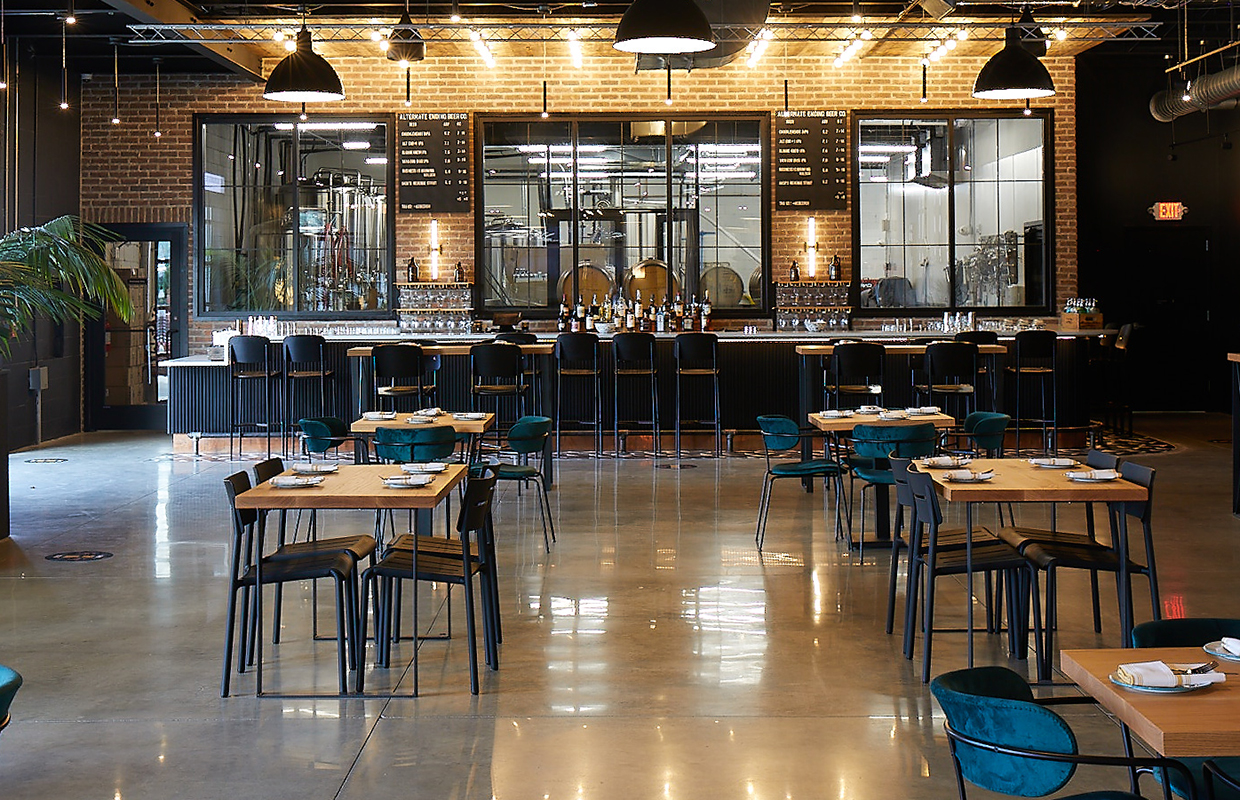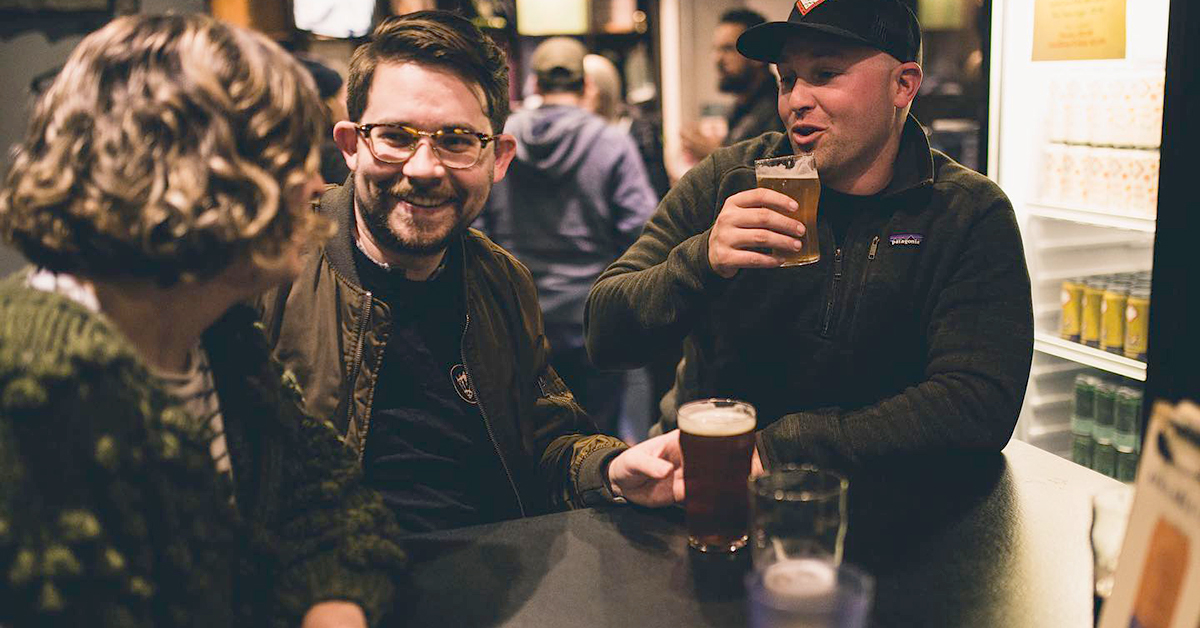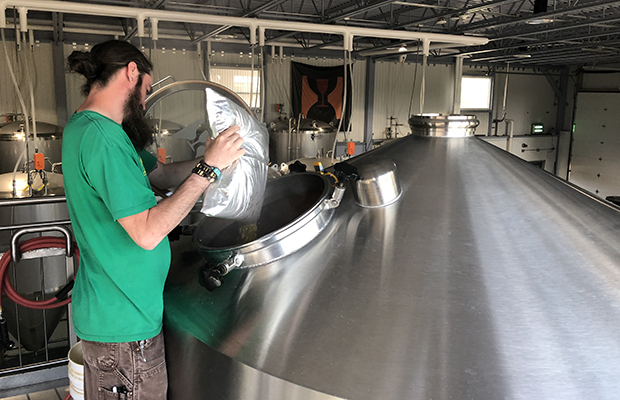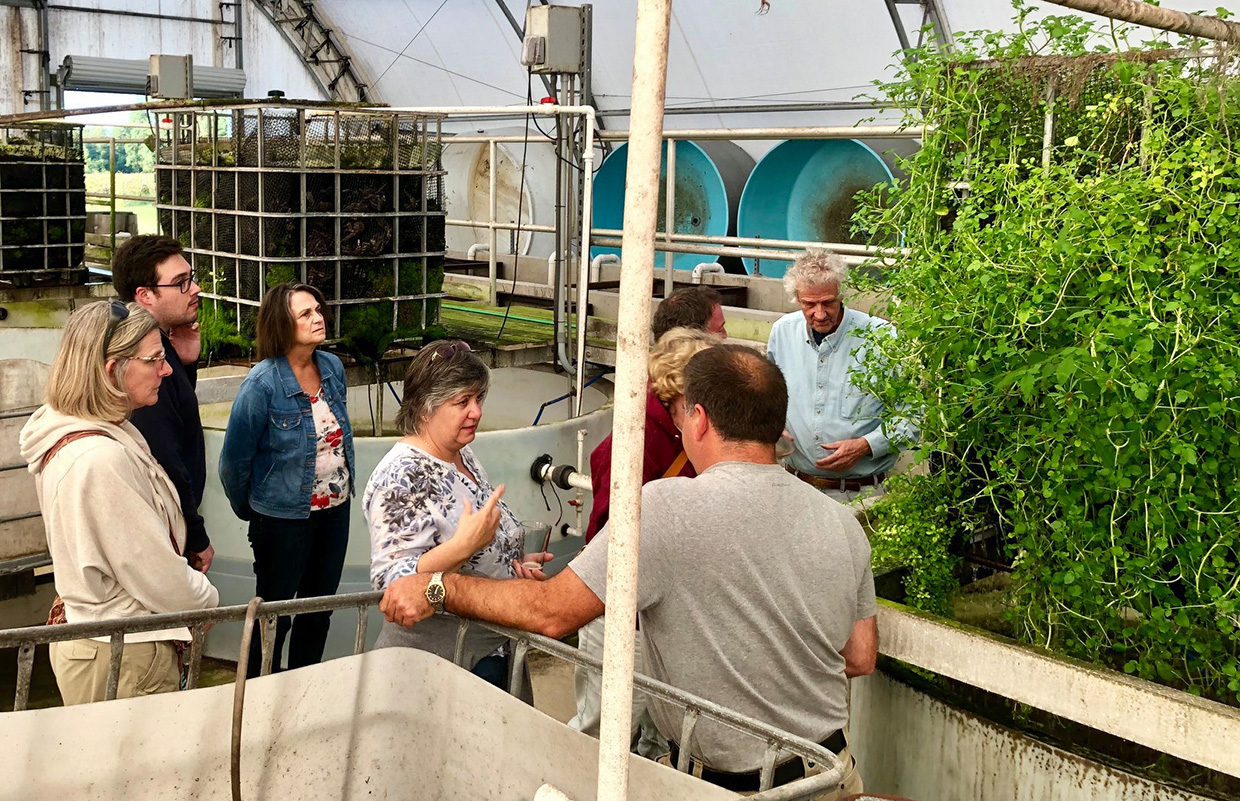
Alternate Ending Beer spent a lot of time before opening by researching and planning with a timeline and budget, but once they started the actual work of getting the space and preparing it, things constantly changed, the New Jersey brewery’s Head of Finance, Jennifer Perler, recalled.
“Everything costs more than expected and timing is never in line with expectations,” she said. COVID happening smack in the middle of the brewery’s build-out definitely put a spin on that as well.
“I would say the biggest hurdle was ‘we didn’t know what we didn’t know,'”
That is a problem with pretty much any brewery in the country. It even can happen to veteran breweries that are building at a new location or adding a taproom in another state. The unknown is never known and roadblocks can always appear.
Here are three common problems startups can face and an idea for a solution as well.
Layout
Big Ditch explained to Brewer once that brewing started with quality and moved to focusing on efficiency — improving yield and reducing turnaround time for each batch— without sacrificing the quality.
Making sure your layout of your brewhouse and transferring liquid correctly first can save time and money later.
“We purchased an inline carbonator which took our carbonation time from 24-48 hours down to about five hours, we purchased flow meters to measure and control transfer to maximize efficiency,” said Big Ditch President Matt Kahn, “we improved our yeast measurement and pitching systems to get faster more consistent fermentations, and we improved our water systems so we could do multiple things at once, like brew beer and wash kegs.”
All of these little things helped Big Ditch get the most out of its equipment and space, and ensure they used their time effectively.
“Adjusting our mill gap to get better malt efficiency was a pretty big one,” Kahn added. “We eliminated some non-value-added steps in our process, like time spent in whirlpool. All of this has made us way more efficient and improved our costs.”
Licensing
The biggest challenge in working on licensing for Alternate Ending was that it is a brewpub in New Jersey, of which there are very few throughout the state, Perler pointed out.
”The NJ ABC has a whole separate set of rules for brewpubs,” she said. “The ABC legislation and rules are hard to decipher, but our unique classification made it even more confusing.
Eric Paredes, the chief manager for Modist Brewing in Minneapolis, echoed Perler in that the biggest challenges were finding a clear roadmap among not just the TTB but also with state and local agencies.
“There are a million steps — it seems — needed to get the necessary permits and approvals, but it is up to you to decipher when things are needed, in what order, and which agency to contact to accomplish those things,” Paredes said. “Everyone was nice and helpful, but their jurisdiction only extended so far. We spent hours on the phone and days filling out — and sometimes re-filling — forms. The process is complicated and muddled.”
One of the best things Perler said that Alternate Ending did was hire an attorney who specializes in ABC licensing
”He walked us through the process every step of the way,” she said.
Purchasing
The little things can make the biggest difference. For Chuck Silva, little was the idea when opening his Silva Brewing.
The former Brewmaster and VP of Brewing for Green Flash started a new venture in 2016 by opening the 1,200-square-foot Silva Brewing in Paso Robles, California.
New pieces have integrity and it is under warranty, he pointed out.
“Of course there is the expense. It will cost you more. More today than even a year or two ago,” he said.
He added unless you have mechanical expertise, new is the only way to go because of the potential for having to repair or recondition used equipment. Waiting for the new equipment to be created can go hand-in-hand with waiting on licensing if you are building for the first time or adding a second location, so, for the most part, waiting for the equipment to arrive times out fine anyway.
During the research and evaluation process, Silva agreed that having familiarity with who you work with can be key. Silva has worked with many different companies for a variety of types of equipment, so he knew how many promises may have been broken along the way versus others that were on time and helpful even after installation. That meant using a supplier that may have cost a bit more, but with the knowledge that it will be less of a headache, and possibly lighter on the wallet, in the long term.
Solution? Ask for help!
Perler said one of the biggest things Alternate Ending did right from the start to be successful was surrounding themselves with people who were experts in the areas where they did not have knowledge.
“This was by far something that I think we can all say saved us a lot of time and effort and helped us hit the ground running when the time came to open,” she said.






Be the first to comment